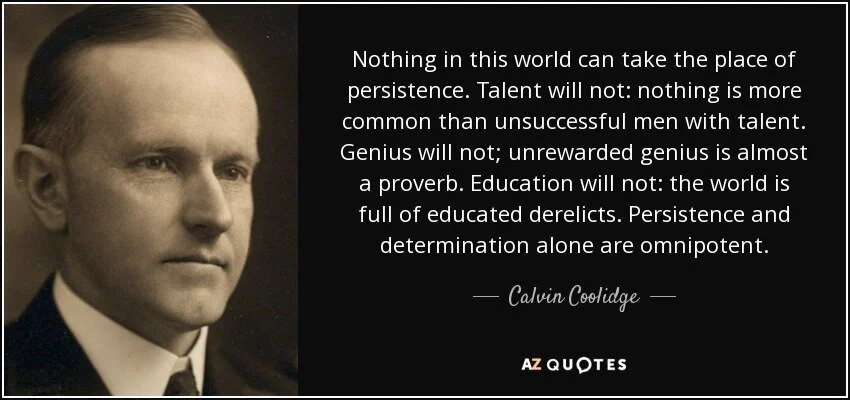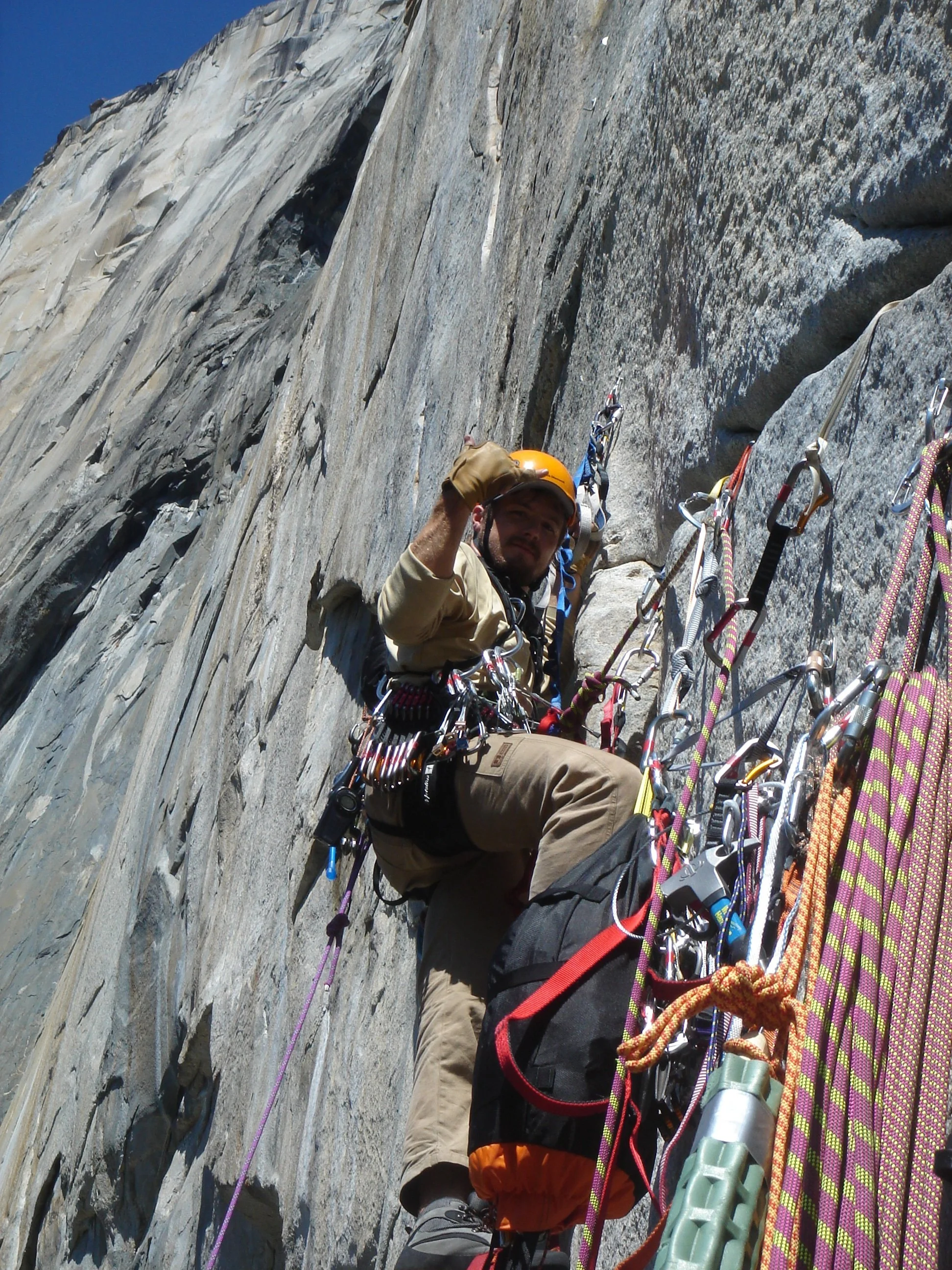Character Traits
Background
My last article was all about the different between skills and traits. Both are important. You need certain skills to function as an individual or a member of a team. You also need certain traits to succeed as an individual and to fit on a team.
Skills are what you can do. They can be learned with hard work and determination. Since leaving the military, I’ve had to learn lots of new skills. Some are specific or technical. Others more general.
Traits are who you are, or how you do things. They take longer to develop. Traits, in my opinion, are more important. They transcend the circumstance or situation. They help set you apart. We all have certain traits that we are born with, and traits we’ve developed over the course of our lifetime.
The farm where many of these traits were forged.
What Traits Do I Value?
There are MANY character traits that I think are important. In my personal life, I would have to put Love, Faith, and Gratitude in the Top 3. For purposes of this blog article, I will talk about traits that I think are more applicable at work (though I could argue that Love, Faith, and Gratitude are important in all aspects of life).
What follows is a list of 7 traits. They are not necessarily in order, and I have left a few out (for now).
1. Humility: There are many definitions, but I define humility as “The belief that I am no better than anyone else.” This belief becomes an attitude, or a mindset. It leads to important behaviors. I believe I’m ‘no better’ than a certain teammate, and thereby not above doing certain tasks. This makes me a better teammate, and more valuable to the team overall. I believe I’m ‘no better’ than my competition. That means, I will not rely purely on luck or natural talent. Rather, I will work or prepare harder because I know that’s the best chance I have of winning. Then, I become more confident. Not because I think I’m just better. I am confident because of my preparation. To me, that’s humble confidence, which is much better than false confidence or arrogance. Humility is the ‘antidote to arrogance.’ It is also the antidote to entitlement.
Confident humility after finally earning that trident!
2. Discipline: There are even more definitions for this one, but I like to define discipline as “The ability to do what you’ve decided to do, or know you need to do, regardless of circumstances.” Put another way, “Self-control.” In practice, someone who is disciplined gets his or her ‘stuff done’ on their best days, on their worst days, and on every day in between. People like this cannot be stopped. Discipline takes over where motivation leaves off. Discipline, over time = consistency. Great outcomes are the result of consistency, not perfection. Consistency is a requirement for compound interest, one of the most powerful tools we can use in our professional and personal lives. Discipline is a real super-power!
3. Selflessness: Some would argue that selflessness and humility are the same thing. I think they are related but different. Humility is how you think about yourself (I’m no better than anyone else) and selflessness is how you think about others. Selflessness is “having a greater concern for others than yourself.” Selflessness is the best way to improve your standing on any team. Yes, you must do your own job (your duty). Then, you have to help others. “It’s not good enough to be good at your job. Do you make the team better?” Greatness does not come from ‘self-help’ books. Greatness comes from ‘self-sacrifice’ and service to others. Hence the saying, “self-help is no help at all!”
4. Grit: This is a tough one. There are so many synonyms and so many different definitions. I like Angela Duckworth’s definition, “The Perseverance and Passion to do what it takes to achieve a long-term goal.” I think of grit as the combination of perseverance, persistence, endurance, resilience, steadfastness, determination, mental toughness, etc. Put another way, it’s Tenacity! It is now argued that grit is a better predictor of success than intelligence. Grit allows you to face obstacles and overcome setbacks. Grit helps you get back up after failing or falling. Grit helps you outlast the competition. Grit is a mindset you develop after a track record of simply not quitting! This leads me to one of my favorite quotes. It’s from Calvin Coolidge (see below image). I believe in this 100%.
Persistence and determination alone are omnipotent! - Calvin Coolidge
5. Responsibility: As a kid, I was told to ‘take responsibility for my actions.’ That was much easier said than done. It’s hard because it’s easier to blame someone else or just blame the circumstances. Now, when something goes wrong, at work or in life, I simply say to myself “It’s my fault.” I am where I am because of my decisions and actions (or indecision and inaction). There’s more power in this mindset than blaming others. If it’s your fault, you can fix it. If you are in charge and your team doesn’t get something done, it’s your fault! You didn’t delegate it effectively (effective delegation is a valuable skill). Or you simply chose the wrong person for the job. The good news: in either case you can fix it!
6. Courage: Our society celebrates it. Just look at the books and movies. Nearly all involve a hero who is courageous or brave (same thing). Courage is simply “doing what you have to do even though you are afraid.” It is the mental or moral strength to withstand danger, difficulty, or fear. It’s not about being ‘fearless.’ It’s about moving forward despite your fears. Fear is an opportunity to be courageous, it is the weight you lift to strengthen your courage! If you aren’t afraid occasionally, or if success is never in doubt, you are probably not pushing yourself enough. Nothing great comes without ‘daring greatly!’ So, be STRONG, and COURAGEOUS!
Pushing upward on El Cap (in spite of being very afraid).
7. Honor: Above all, act with integrity, be honest, and be ethical. In other words, behave honorably. Do the right thing, all the time, every time, regardless of who is watching. Do not expect a reward for doing the right thing. The reward is being able to look in the mirror knowing you behaved honorably. Often, the right thing is the hard thing, not the easy thing. It won’t matter what you accomplish if you did it unethically or dishonorably. You only get one reputation, and honor determines a large part of it.
Yes, there are plenty of other important character traits or virtues. This is a short list, for now. These are my definitions for them and my reasons why they are important. I am sure I left a few out and I’m sure others could better define them. But, like success, I think character traits (or values) are for the end user to define. These are mine (for now).
Can Traits be Developed?
This is an age-old question, Nature versus Nurture? Are people simply born with GRIT (as an example)? Or did they develop it? I believe the answer is ‘yes’ (to both).
As my friend Rich Diviney once said, “Attributes exist on a spectrum. They are more like a dimmer switch than a light switch.” I was never able to articulate it that clearly, but I agree.
We are all born with some amount of all the traits I just listed. Then, our environment helps us either strengthen them or neglect them. In my case, I learned a lot of humility playing football, and even more in the SEAL Teams. Discipline was first engrained in me on the farm, and then through high school sports. Obviously, I had to get very disciplined when I started to train for SEAL Training.
I also believe we can DECIDE to be humbler, disciplined, selfless, mentally tough/tenacious, responsible, courageous, and even honorable. We don’t have to be happy with the amount of courage we are born with. There are things we can do to become more courageous, but how?
How do we Develop them?
Put simply, “Decide who you want to be. Then prove it to yourself with small wins every day.” I originally saw this on Jame’s Clear’s website and his book “Atomic Habits.” It’s an awesome framework. So simple, yet so effective (and not easy!)
The key is to choose small, attainable victories. Accomplish your goals. Gain some momentum and gradually make them harder. Example: if I want to be more disciplined, maybe that means I wake up at 6:00am vs 6:30am. Maybe that means I ‘work-out’ (train) at least 4-days per week instead of 2-days weekly. Or maybe it means I just take a cold shower. Again, you decide. Choose some behaviors for you that mean you are more disciplined (or responsible, honorable, tenacious, selfless, humble, or courageous).
One thing that really helps people become more courageous is fear inoculation: do something that scares you a little bit. For some, that can be as simple as speaking publicly. For others, it could mean just talking to a stranger in the grocery store. Again, it all exists on a spectrum. We don’t all have to jump out of airplanes to become braver!
Actions over Thoughts
I used to believe that our thoughts were responsible for shaping our traits. We had certain thoughts. Those thoughts lead to a decision, which then leads to an action. Which then proves that we are the thing (courageous, humble, etc.).
Now, I’m not 100% sure. According to Andrew Huberman, “Action comes first” and our “mindset or attitude follows.” (not exactly his words, but something like that).
Thoughts, feelings, and emotions are all important, but they are also very complicated. Behaviors (actions) are concrete. They are tangible and easy to understand. Behaviors can act like a control panel for the rest of it (thoughts, feelings, emotions).
Thoughts and how we think are important. But if you really want to shift not just what you do but WHO YOU ARE (your traits), it’s foolish and challenging to focus on thoughts and mindset. Rather, you should focus on the actions or behaviors that influence your mindset or your attitude.
This is very similar to saying, “Decide who you want to be and prove it to yourself with small wins every day!”
Closing
That’s it for now; a list of 7 important traits along with my definitions of those traits and why they are important. I believe we all have certain inherent traits (or values), and we can develop them further.
Decide who you want to be and prove it to yourself daily. Most importantly, start young. It takes MUCH longer to develop a trait than a skill!





